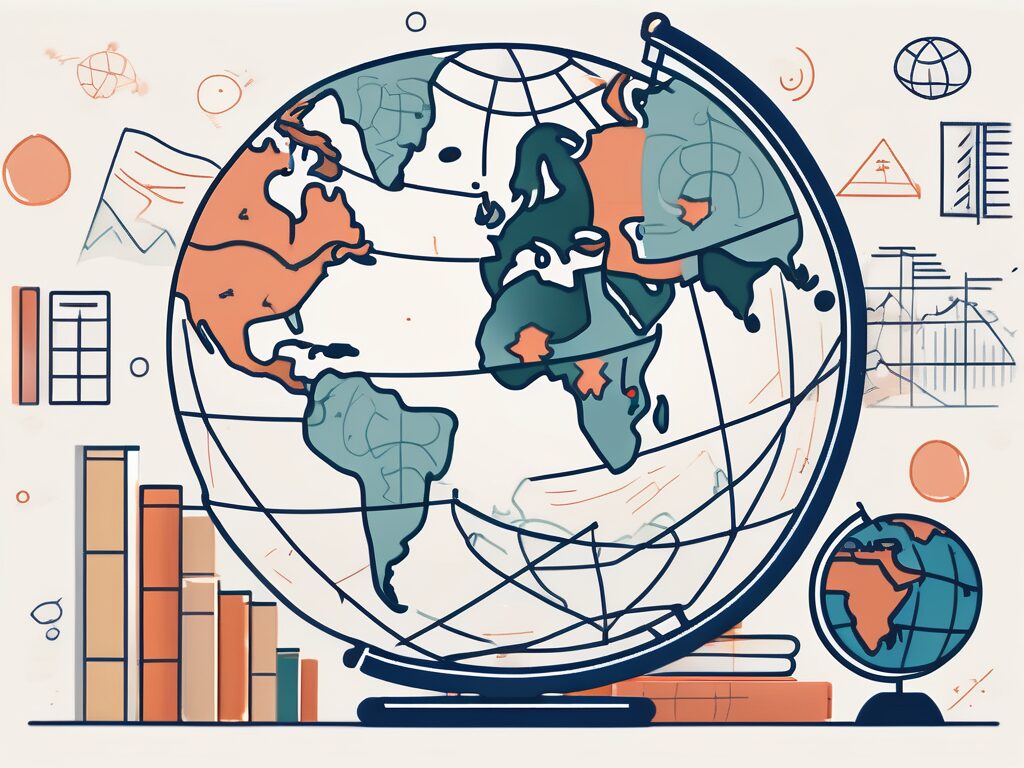Embarking on a journey to teach internationally can be an exciting yet daunting prospect. It’s a chance to immerse oneself in a new culture, learn a new language, and make a difference in the lives of students. However, it’s not without its challenges. This is particularly true for those who choose to teach in Taiwan, a vibrant island nation known for its bustling cities, beautiful landscapes, and rich history.
Understanding the Cultural Differences
One of the most significant challenges of teaching internationally in Taiwan is understanding and adapting to the cultural differences. Taiwanese culture is deeply rooted in Confucianism, which emphasises respect for authority, harmony, and the importance of education. This can be quite different from Western cultures, where individualism and personal freedom are often prioritised.
For example, in a Taiwanese classroom, students are often expected to listen quietly and not question the teacher. This can be a stark contrast to Western classrooms, where students are encouraged to participate actively and voice their opinions. Understanding these cultural nuances is crucial for effective teaching and creating a respectful and harmonious classroom environment.
Language Barrier
Another aspect of cultural differences is the language barrier. While English is taught in Taiwanese schools, it’s not the primary language spoken in the country. Therefore, teachers may face difficulties in communicating with students, parents, and even colleagues. This can lead to misunderstandings and frustrations.
However, it’s important to remember that language is a two-way street. Just as students are learning English, teachers can also take the opportunity to learn Mandarin, the official language of Taiwan. Not only will this enhance communication, but it will also deepen the teacher’s understanding and appreciation of Taiwanese culture.
Adapting to the Education System
Another challenge is adapting to the Taiwanese education system. Like many Asian countries, Taiwan places a high emphasis on education, and students often face immense pressure to perform well academically. This can result in a highly competitive and stressful environment, which can be challenging for teachers to navigate.
Moreover, the Taiwanese education system is largely exam-focused, with students’ futures often hinging on a single exam. This can be a stark contrast to Western education systems, which often value holistic development and multiple assessment methods. Teachers may find it challenging to balance the need to prepare students for exams while also fostering creativity and critical thinking skills.
Classroom Management
Classroom management can also be a challenge in the Taiwanese education system. With large class sizes often being the norm, maintaining discipline and ensuring that each student gets the attention they need can be a daunting task. This is particularly true for teachers who are used to smaller class sizes in their home country.
However, with patience, flexibility, and a willingness to learn, teachers can develop effective classroom management strategies. This can involve a mix of traditional discipline methods and more modern, student-centred approaches.
Living and Working Conditions
Living and working conditions can also pose challenges for international teachers in Taiwan. While Taiwan is a developed country with a high standard of living, it can still be a significant adjustment for those used to Western comforts.
For example, living spaces in Taiwan are often smaller compared to Western countries. Teachers may need to adjust to living in a smaller apartment or sharing a living space with others. Additionally, the cost of living, while generally lower than in Western countries, can still be a shock for those not used to budgeting in a foreign currency.
Work-Life Balance
Work-life balance can also be a challenge. Taiwanese schools often have long hours, and teachers may find themselves working late into the evening or on weekends. This can be a significant adjustment for those used to a more balanced work schedule.
However, it’s important to remember that teaching is a demanding profession, no matter where you are in the world. It’s crucial to find ways to manage stress and maintain a healthy work-life balance, whether that’s through exercise, hobbies, or spending time with friends and family.
Conclusion
Teaching internationally in Taiwan can be a rewarding and enriching experience. However, it’s not without its challenges. From cultural differences and language barriers to adapting to the education system and living conditions, there are many factors to consider.
However, with patience, flexibility, and a willingness to learn, these challenges can be overcome. And in the process, teachers can gain a deeper understanding of Taiwanese culture, make a difference in the lives of their students, and grow both personally and professionally.
Take Your Teaching Career to the Next Level with IPGCE
Ready to overcome the challenges of teaching internationally and advance your career? IPGCE is your gateway to achieving Qualified Teacher Status and unlocking new opportunities. With our International Postgraduate Certificate in Education, you’ll enhance your qualifications, connect with a global network of educators, and gain a deep understanding of international curricula. Join the ranks of satisfied educators who have seen a 50% increase in interview callbacks, a 45% boost in promotion rates, and a 30% salary increase. Embrace the flexibility of online study and become 65% more adaptable in diverse educational settings. Don’t let inadequate credentials or isolation hold you back. Join the UK’s #1 Teacher Training Course today and transform your international teaching journey.

